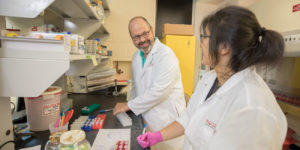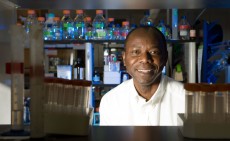Dr. Kramer presents “Sustainable Food System Initiative: Feeding the World without Eating the World “ on October 14, 2015 at 1:00pm in the Coverdell Center, Room 175 (Reception to follow).
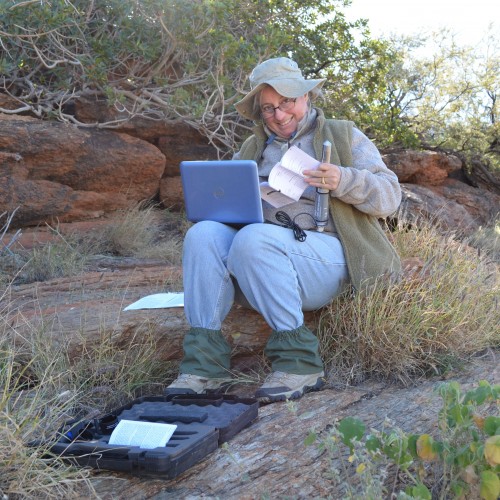
Dr. Liz Kramer is the founding director of UGA’s Natural Resources Spatial Analysis (NARSAL) Laboratory in the College of Agricultural and Environmental Sciences and is a Public Service faculty member in the Department of Agricultural and Applied Economics. For almost 20 years NARSAL has been involve in conducting research, training and outreach in the application of geospatial technology to natural resource management and planning. Recently, Liz has added a new challenge in leading the Sustainable Food Systems Initiative (SFSI) at UGA. SFSI creates a physical and intellectual space for using a systems approach in 1) conducting interdisciplinary data-driven research that addresses interactions at multiple scales between food systems, the environment, and human health; 2) engaging students in interdisciplinary, experiential education; and 3) providing life-long educational opportunities to consumers and the people that support the food system.
Liz’s recent research involves understanding temporal and spatial dynamics of landscapes in providing an array of ecosystem services. She has a diverse portfolio of interdisciplinary research activities, which include projects in agricultural, urban, and natural systems in areas such as stormwater management, coastal resiliency to climate change, wetland mitigation and restoration, biodiversity management, and enhancing the role of beneficial insects in agricultural systems. She holds a BS in Forest Management from Michigan State University, a Master in Forest Science from Yale School of Forestry and Environmental Studies and a PhD in Ecology from University of Georgia.
Sponsored by: University of Georgia Biomedical and Health Sciences Institute
onehealth.uga.edu | Follow OneHealth on Twitter @OneHealth_UGA
 The director of the Center for the Ecology of Infectious Diseases at UGA is working to devise an early warning system for diseases which could save lives and allow public health resources to be used more efficiently and effectively.
The director of the Center for the Ecology of Infectious Diseases at UGA is working to devise an early warning system for diseases which could save lives and allow public health resources to be used more efficiently and effectively.

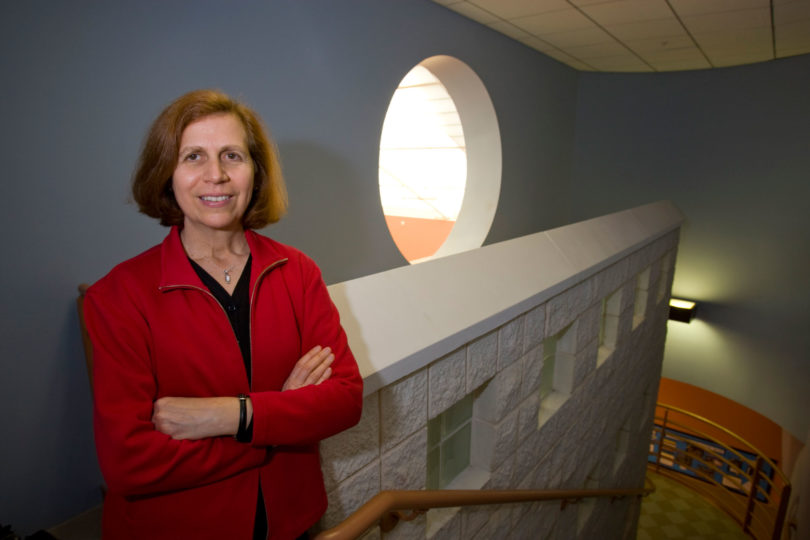 A study conducted by a BHSI faculty member sheds light on how aggression and weak study skills contribute to the national high school dropout right.
A study conducted by a BHSI faculty member sheds light on how aggression and weak study skills contribute to the national high school dropout right.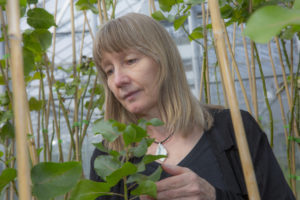
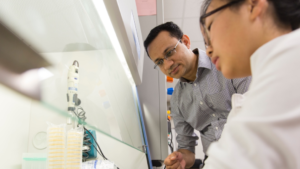
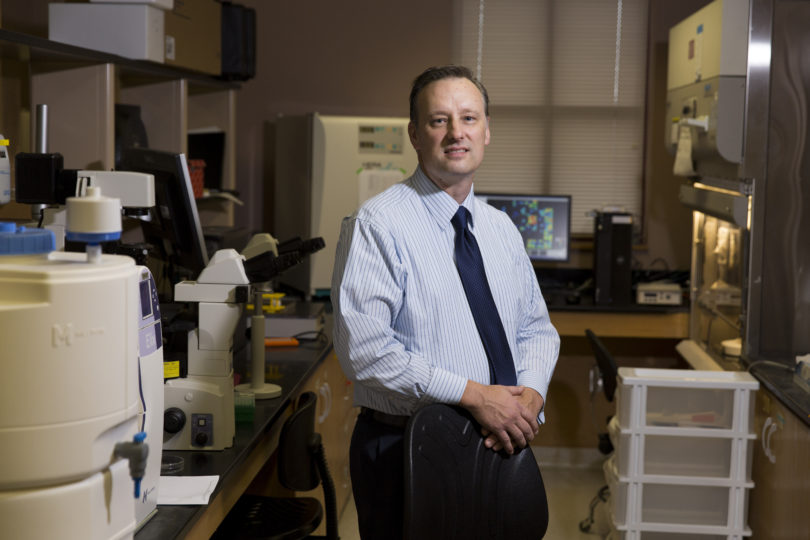 Steven Stice, BHSI Faculty member and director of the UGA Regenerative Bioscience Center, has joined an elite group of 912 innovators hailing from more than 250 prestigious research universities and governmental and nonprofit research institutions by becoming a National Academy of Inventors (NAI) Fellow.
Steven Stice, BHSI Faculty member and director of the UGA Regenerative Bioscience Center, has joined an elite group of 912 innovators hailing from more than 250 prestigious research universities and governmental and nonprofit research institutions by becoming a National Academy of Inventors (NAI) Fellow.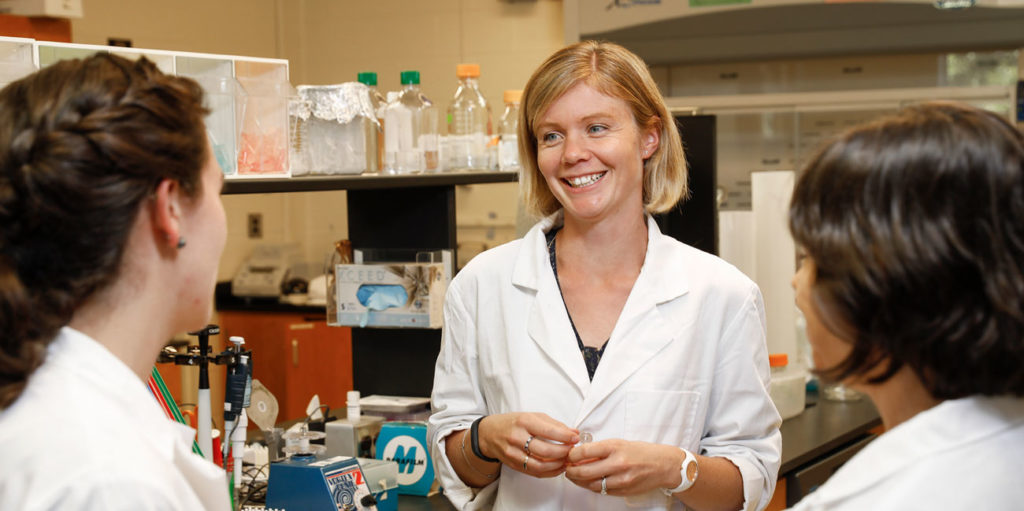 BHSI member Claire de La Serre is eager to discuss her research relating to isolating the triggers of overeating and learning about diet-driven abnormal communication between the gut and the brain. Serre is also an asset to her students as far as keeping them up-to-date on the latest research findings in foods and nutrition, in fact, she was herself once a PhD student in nutrition at the University of California; she then went on to complete her postdoctoral fellowship at John Hopkins School of Medicine in Baltimore. By making it a priority to stay-up-to-date with the latest research findings in scientific literature, Serre encourages her students to carefully analyze research papers themselves and offer up their own interpretations of data.
BHSI member Claire de La Serre is eager to discuss her research relating to isolating the triggers of overeating and learning about diet-driven abnormal communication between the gut and the brain. Serre is also an asset to her students as far as keeping them up-to-date on the latest research findings in foods and nutrition, in fact, she was herself once a PhD student in nutrition at the University of California; she then went on to complete her postdoctoral fellowship at John Hopkins School of Medicine in Baltimore. By making it a priority to stay-up-to-date with the latest research findings in scientific literature, Serre encourages her students to carefully analyze research papers themselves and offer up their own interpretations of data.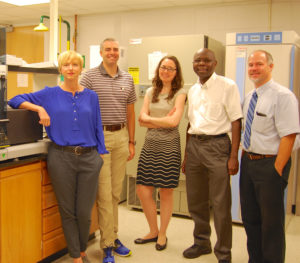 The Drug Discovery Core (DDC) laboratory is a brand-new, campus-wide collaborative facility that is designed to hasten the development of therapeutic drugs for a number of major diseases.
The Drug Discovery Core (DDC) laboratory is a brand-new, campus-wide collaborative facility that is designed to hasten the development of therapeutic drugs for a number of major diseases.

